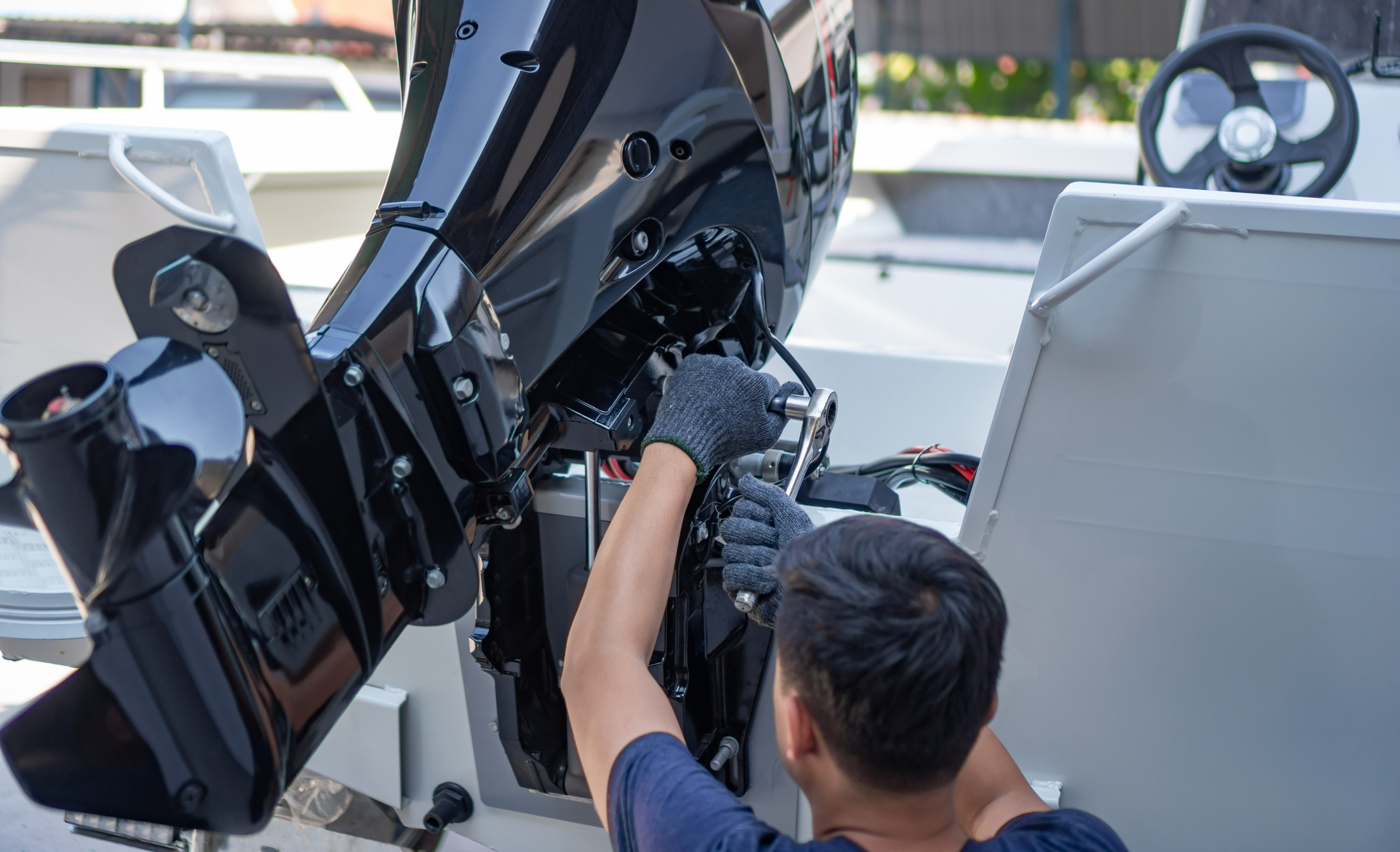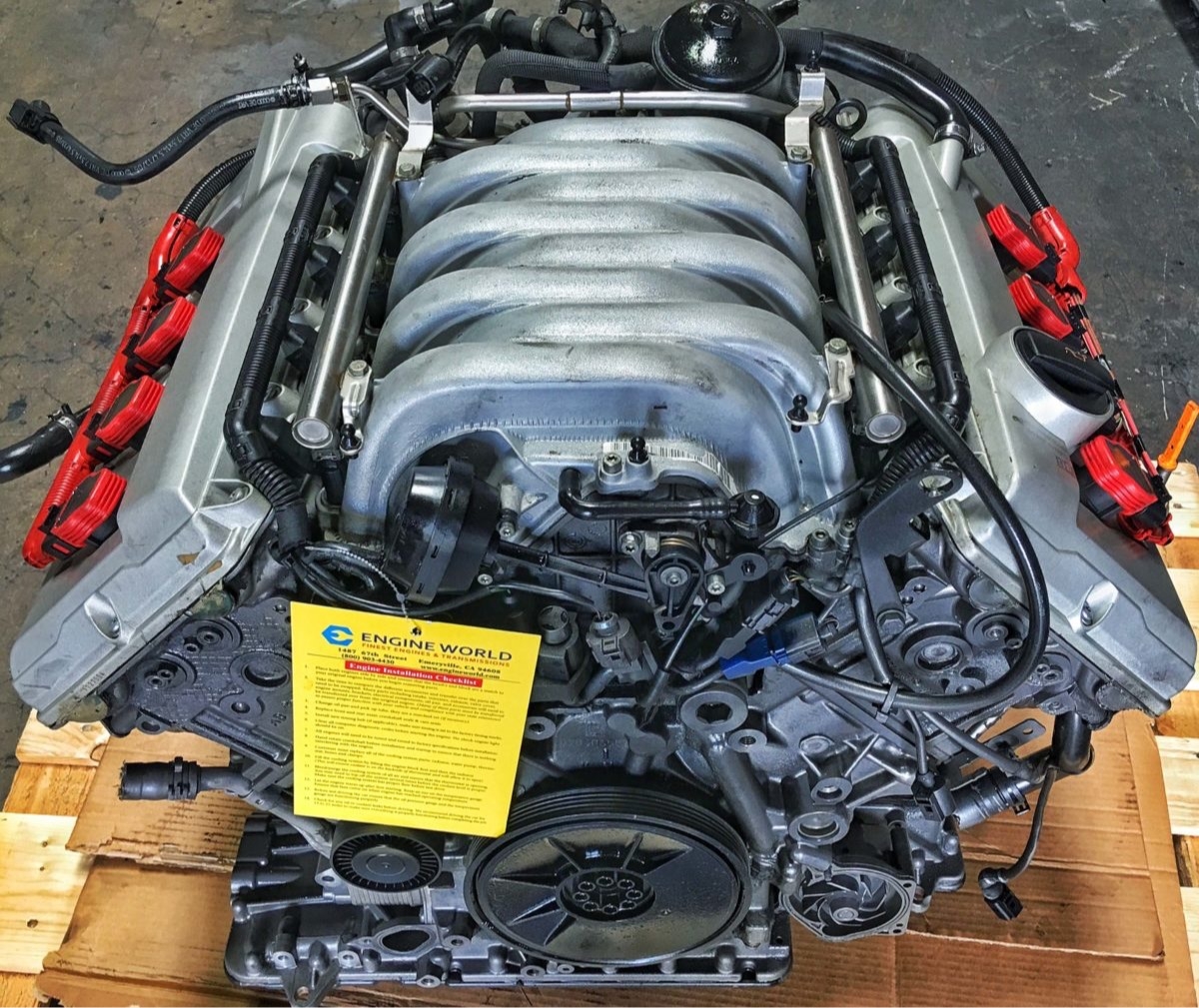A Comprehensive Guide on What to Try to find When Acquiring Used Engines
When considering an utilized engine acquisition, a methodical strategy is necessary to stay clear of unpredicted issues. The process begins with a meticulous background check, scrutinizing the Lorry Identification Number (VIN) and upkeep documents for any warnings. Past background, examining mileage uses insights into the engine's past life. Compatibility with your vehicle is non-negotiable, as is an extensive physical evaluation for any type of indicators of wear. Similarly important is an understanding of readily available warranty options, which can give satisfaction. These preliminary actions are simply the beginning of guaranteeing your investment is both audio and secure.
Engine Background Check
When taking into consideration the purchase of an utilized engine, performing a thorough engine background check is a crucial step in ensuring a trustworthy and rewarding financial investment. An extensive history check consists of validating the engine's identification number (VIN) to confirm its credibility and to trace its origin.
Furthermore, understanding the upkeep documents is crucial. These documents disclose how well the engine has been taken care of, indicating regular oil modifications, part substitutes, and adherence to supplier standards. Constant upkeep is a solid indicator of an engine's potential longevity and performance.
An additional essential element is checking out any type of past cases or repair work. Knowing whether the engine has formerly suffered damage, such as from a mishap or flooding, can give understanding into potential future troubles. Repair services, even if expertly done, may influence the engine's reliability.
Last but not least, a recall check should be performed to guarantee there are no unsettled producer recalls, which might signify intrinsic issues with the engine model. This persistent method to assessing the engine's history safeguards against unexpected failings and expensive repair services.
Examining Mileage
Although gas mileage is not the single indicator of an engine's problem, it remains a crucial factor to take into consideration when examining a made use of engine. High mileage usually suggests substantial usage, which can lead to damage on parts such as pistons, bearings, and seals. It's necessary to acknowledge that an engine with modest or even high gas mileage might still be in good problem if it has actually been well maintained. Hence, recognizing the context of the mileage is crucial.
When examining gas mileage, think about the sort of car and its normal usage. As an example, freeway miles are usually much less exhausting on an engine than city driving, which involves frequent quits and starts. In addition, engines in cars made use of largely for pulling or bring hefty tons might experience a lot more tension, possibly reducing their life-span despite reduced gas mileage.
It's additionally recommended to compare the engine's gas mileage with the market standard for similar engines. This contrast can offer valuable understanding right into whether the engine has gone through regular use or excessive wear. Inevitably, while mileage is an important factor to consider, it must be assessed together with maintenance records and general engine problem to make an enlightened getting decision.
Compatibility Verification
Making sure compatibility is a critical step when acquiring a made use of engine. Before making a choice, it is important to confirm that the engine is suitable for your automobile's make, design, and year.

Moreover, take a look at the engine mount types to ensure they straighten with your car's mounting points. Comprehensive compatibility confirmation is essential to stay clear of costly mistakes and make sure seamless engine integration.
Checking Physical Condition
Examining the physical condition of an utilized engine is a basic element of the buying process, as it directly influences the engine's efficiency and durability. Begin by carrying out a complete visual inspection. Examine for any kind of visible indications of wear and tear, such as splits, dents, or corrosion on the engine block and its elements. Pay particular focus to locations around the cylinder head and the oil frying pan, as these are commonly vulnerable to damages.
Examine the problem of the belts and hoses for any indications of fraying or splitting, which can indicate age or previous overheating issues (used engines for sale). Evaluate the engine installs to ensure they are intact and without extreme wear, as damaged mounts can impact engine security and performance
In addition, look more information at the color and uniformity of the oil. Dark, sludgy oil may suggest poor upkeep, while milklike oil could suggest the existence of coolant, hinting at prospective head gasket issues. Furthermore, check for any kind of indications of leakages, specifically around seals and gaskets, which could indicate underlying troubles.
Recognizing Service Warranty Options
When acquiring an utilized engine, comprehending the guarantee choices readily available is vital to securing your financial investment. A service warranty provides a safeguard, making certain that you are safeguarded versus unpredicted defects or malfunctions. It is crucial to extensively review the terms and conditions of any warranty supplied by the seller or dealer. Generally, guarantees can differ considerably in coverage duration, scope, and limitations.
Start by figuring out the length of the warranty period (used engines for sale). Some guarantees may provide protection for 30, 60, or 90 days, while others can extend as much as a year. The period of protection can usually reflect the vendor's confidence in the engine's condition. Pay attention to what the warranty explicitly covers-- does it include labor expenses for repair services, or exclusively the replacement of faulty components? Comprehending these subtleties can assist you make notified decisions.
Specific click here for more guarantees might become void if the engine is installed incorrectly, or if certain upkeep procedures are not adhered to. By extensively examining warranty alternatives, you can safeguard peace of mind and protect your financial investment in an utilized engine.

Conclusion
Conducting a careful assessment when purchasing an look at more info utilized engine is critical to making sure a sound investment. Confirming the engine's identification number and assessing upkeep documents give understanding into its background and upkeep. Assessing gas mileage in context aids in understanding its prior usage. Compatibility contact the intended car are vital, as are extensive inspections for physical wear or damages. Comprehending service warranty choices, including their extent and limitations, is essential in safeguarding versus unexpected issues and expenses.
 Dylan and Cole Sprouse Then & Now!
Dylan and Cole Sprouse Then & Now! Patrick Renna Then & Now!
Patrick Renna Then & Now! Michael Jordan Then & Now!
Michael Jordan Then & Now! Loni Anderson Then & Now!
Loni Anderson Then & Now! Jane Carrey Then & Now!
Jane Carrey Then & Now!